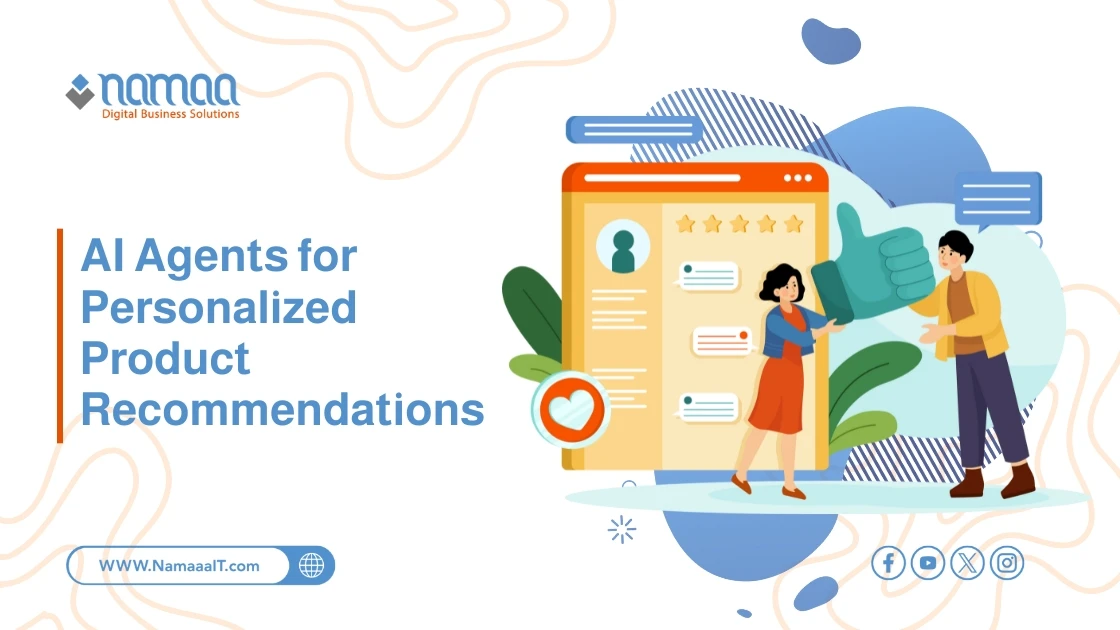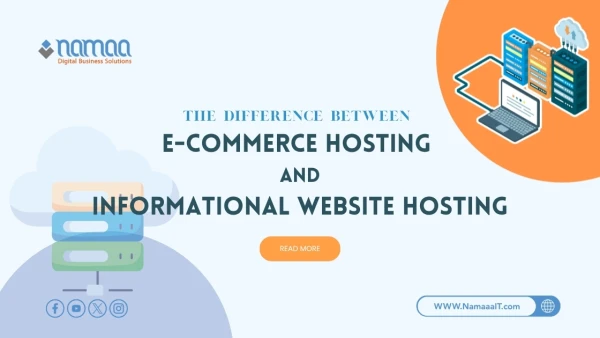In the highly competitive world of eCommerce, the ability to understand customer behavior and deliver precise, personalized experiences has become the key to success. Professional store owners today rely on AI agents for personalized product recommendations as a core tool to transform visitor data into real sales opportunities. This advanced technology analyzes each customer’s interests and offers smart suggestions that increase purchase likelihood. It’s not just a technical enhancement — it’s a direct investment in building stronger customer relationships, increasing average order value, and ensuring sustainable revenue growth.
What Are AI Agents for Personalized Product Recommendations?
AI agents for personalized product recommendations are autonomous software systems designed to analyze customer behavior and preferences to deliver tailored product suggestions. These systems use machine learning algorithms to process vast amounts of data — such as browsing history, past purchases, and products viewed — with the goal of creating a personalized shopping experience that increases the likelihood of purchase.
The Role of AI Agents in Reducing Cart Abandonment
AI agents play a crucial role in reducing cart abandonment — one of the biggest challenges facing online stores — through smart engagement strategies that encourage customers to complete their purchases:
Alternative suggestions: If an item is out of stock, the system automatically displays similar products with comparable quality and price, preventing customers from leaving to search elsewhere.
Complementary offers: On the checkout page, the system recommends related or frequently bought-together products, increasing cart value and motivating purchase completion.
Smart reminders: If a customer hesitates, the agent can display a pop-up offering a discount or highlighting product benefits to encourage conversion.
How Personalized Recommendations Strengthen Customer Loyalty
Personalized recommendations significantly boost customer loyalty by making shoppers feel understood and valued. This sense of personalization and care fosters a strong emotional connection with the brand, encouraging repeat purchases. When customers trust that the store will always show them relevant products, they shift from being one-time buyers to long-term loyal customers.
Customer Data Analysis for More Accurate Recommendations
To deliver effective recommendations, AI agents perform deep analysis across multiple types of customer data — going beyond purchase history to truly understand intent.
Types of data analyzed include:
Behavioral data: Pages visited, time spent on each page, products clicked, and search terms used within the store.
Transactional data: Previously purchased products, order frequency, and average order value.
Demographic data: Geographic location, enabling localized promotions based on region or even weather conditions.
Product Recommendation Strategies Within the Store
To maximize the impact of recommendations, they must be strategically positioned across the website:
Homepage: Highlight “Best Sellers” or “New Arrivals” to capture new visitors’ attention.
Product pages: Show “Similar Products” or “You May Also Like” to help customers discover alternatives.
Shopping cart: Display complementary items under “Complete Your Order With…” to increase cart value before checkout.
Email Recommendations: Boosting Conversions
Email remains a powerful conversion tool when used for personalized product recommendations. Rather than sending generic messages, stores can leverage customer data to deliver targeted email campaigns. Examples include:
Recommending similar products to those browsed but not purchased.
Sending cart reminder emails featuring items left behind.
Adding purchase incentives like free shipping to encourage checkout completion.
How AI Supports Cross-Selling and Upselling
AI enhances both cross-selling and upselling strategies by analyzing customer data and automatically suggesting the most relevant products.
Cross-selling: When a customer adds an item (e.g., a smartphone) to the cart, the system suggests complementary items such as headphones or a protective case.
Upselling: If the customer is interested in a product with certain specs, the agent may recommend a slightly higher-priced version with better features or quality — motivating an upgrade.
How to Choose the Right AI Agent for Your Store
Selecting the right AI agent depends on clearly identifying your store’s needs and goals. To ensure success, consider the following factors:
Define your goals: Are you aiming to boost sales, enhance user experience, or reduce cart abandonment?
Ensure seamless integration: The agent should integrate easily with your eCommerce platform, CRM, and marketing tools.
Evaluate analytical capabilities: Choose an agent with powerful data analysis and actionable insights for higher accuracy.
Look for customization options: Ensure flexibility to match your brand’s design and recommendation layout preferences.
FAQs
1. Can AI agents handle multiple languages?
Yes, many modern AI agents—especially conversational ones—use natural language processing (NLP) to understand and interact with customers in multiple languages.
2. How is ROI measured for these systems?
ROI is tracked by measuring increases in metrics like conversion rates, average order value (AOV), and total revenue generated from recommendations versus implementation costs.
3. How secure is customer data?
Data privacy and security are top priorities. Trusted providers use strong encryption and comply with data protection regulations such as GDPR.
4. Do these systems require large datasets to work effectively?
Yes. The accuracy of AI recommendations depends heavily on the amount and quality of available data — more data leads to smarter insights.
5. How do AI agents differ from traditional chatbots?
While traditional chatbots follow predefined scripts, AI agents make independent decisions and perform complex tasks through analysis and reasoning, offering a more dynamic and intelligent user experience.
Summary
✅ Businesses using advanced personalization can achieve a $20 ROI for every $1 spent.
✅ Personalized product recommendations contribute up to 31% of total eCommerce revenue.
✅ AI agents increase average order value by 11% and conversion rates by 26%.
✅ Personalized recommendations reduce cart abandonment by up to 4.35%.
✅ 80% of customers are more likely to buy from brands offering personalized experiences — improving retention by 5% and profits by 25–95%.









